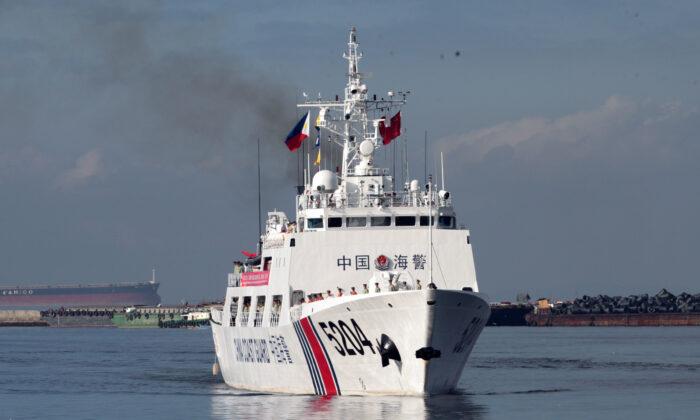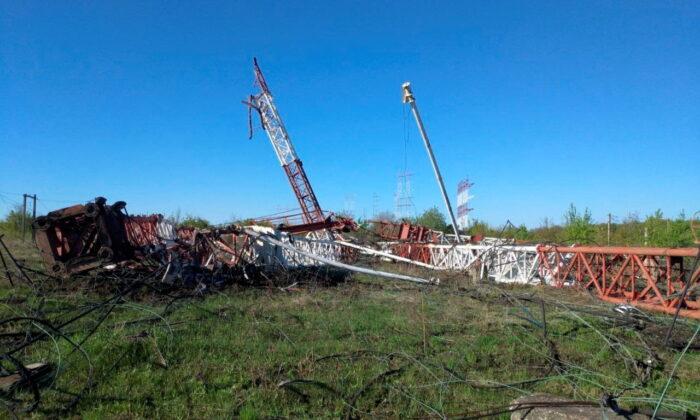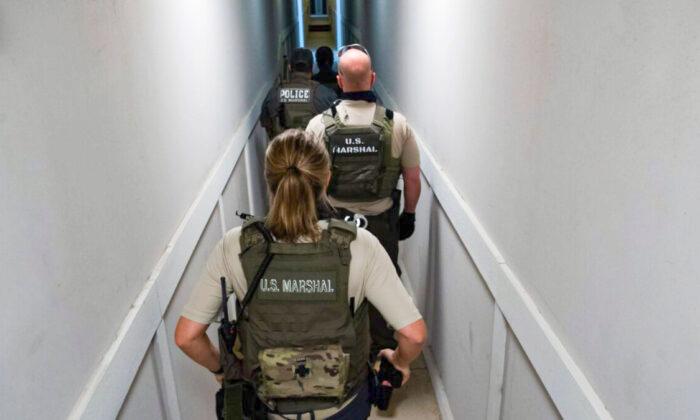The United States on July 11 called on the Chinese Communist Party (CCP) to abide by international law in the South China Sea on the fifth anniversary of a landmark ruling by an arbitration tribunal repudiating China’s vast territorial claims in the region.
“We call on the PRC (People’s Republic of China) to abide by its obligations under international law, cease its provocative behavior, and take steps to reassure the international community that it is committed to the rules-based maritime order that respects the rights of all countries, big and small.”
China—which lays claim to most of the waters within a so-called nine-dash line of demarcation that’s contested by Brunei, Malaysia, the Philippines, Taiwan, and Vietnam—reiterated on July 9 that Beijing didn’t accept the 2016 ruling by the international tribunal at The Hague.
The Philippines “firmly reject[s] attempts to undermine [the ruling], or erase it from law, history and collective memories,” he said, adding that the ruling is “final,” and that it constitutes “a milestone in the corpus of international law.”
Blinken also repeated a warning to China that an attack on Philippines armed forces in the South China Sea would trigger a 70-year defense accord between the United States and the Philippines.
“We also reaffirm that an armed attack on Philippine armed forces, public vessels, or aircraft in the South China Sea would invoke U.S. mutual defense commitments under Article IV of the 1951 U.S.–Philippines Mutual Defense Treaty,” Blinken said in his statement.
That article of the treaty says in part that “each Party recognizes that an armed attack in the Pacific area on either of the Parties would be dangerous to its own peace and safety and declares that it would act to meet the common dangers in accordance with its constitutional processes.”
State Department spokesperson Ned Price urged the CCP in a statement to “cease its provocative behavior, and demonstrate respect for the rights of all countries, big and small.”
The Philippines has filed 128 diplomatic protests over China’s activities in contested waters since 2016, and coast guard and bureau of fisheries vessels have conducted “sovereign” patrols in the Philippines’ exclusive economic zone (EEZ), which extends 200 nautical miles from its coast.
On July 11, Philippines Vice President Leni Robredo said on her weekly radio show that the country must continue to defend its sovereignty amid Chinese incursions into the country’s EEZ.
“It is imperative that all parties in the region demonstrate restraint and avoid taking action unilaterally, as this would exacerbate tensions and threaten regional stability,” the statement reads.
“Freedom of the seas is an enduring interest of all nations and is vital to global peace and prosperity,” Blinken said.





